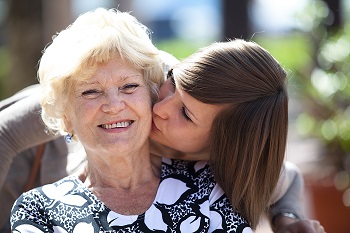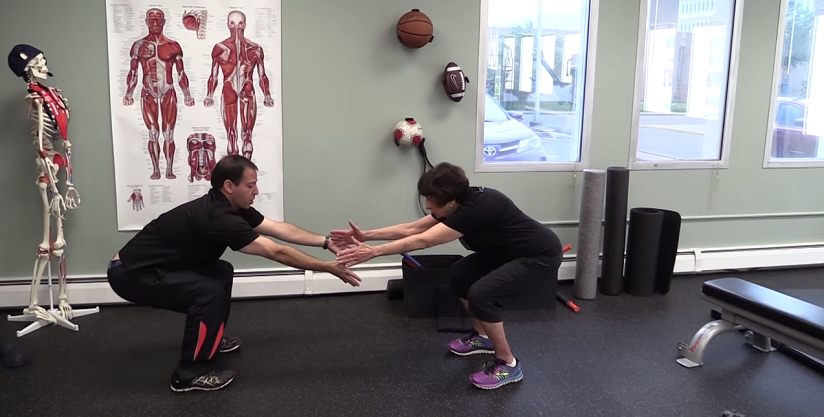
The Holidays are a time in which we reflect on all that we are grateful for in life. Being grateful is often easy for grandparents, as sitting around the dinner table with children and grandchildren is an instant reminder of how beautiful life can be. But what about seniors who suffer from dementia or Alzheimer’s disease? How do we help make them feel blessed when they often have trouble remembering the names, faces and memories of the loved ones surrounding them during the holidays? Below are several tips to help make the holidays a truly special holiday for family member suffering from Alzheimer’s or dementia.
Don’t Change the Daily Routine
Seniors suffering from memory loss often do well with predictable routines. We know you are excited about the holidays. Who wouldn’t be? But try not to show too much excitement towards your memory loss family member, as it might throw them off. You may be picking them up to take them to a family member’s house for dinner, but try not to change the daily routine up until that point. Tell the staff at the memory care community or personal care home to stick to their normal schedule and not do anything extra or different. Also, tell family members to not bombard grandma or grandpa with calls. Most likely they will see them at family dinner anyways, but if they live out of town, then wait until after dinner, when they are home.
Introduce Familiar Music
Several weeks prior to the holidays, ask your loved one what holiday songs they enjoy. Research suggests that not only does music evoke emotions that stimulates memories among Alzheimer’s patients, but it also helps to improve mood and bring emotional closeness. Songs such as Rudolph the Red Nosed Reindeer, Jingle Bells, and White Christmas, are songs from your loved ones past and typically are associated with fond holiday memories.
Introduce Familiar Smells
Like music, the sensory stimulation of smell is connected to memory and often associated with restoring temporary awareness to Alzheimer’s patients. Several weeks prior to the holidays, ask your loved one what some of their favorite holiday foods are. When they come over for Christmas or Hannukah dinner, be sure to have those specific foods cooking. Freshly baked dinner rolls, chocolate chip cookies, and smoked turkey are just several dishes that will surely scent the air when they walk in the door.
Distract, Distract, Distract
One of the biggest challenges both Alzheimer’s patients and families will face during the holidays is it’s difficult for those with Alzheimer’s or dementia to engage in normal conversations for long periods of time. Family members often are even more affected by this than the patient, as they are not used to seeing their loved one socially out-of-place. Make your loved one feel involved by having them help fold napkins, mix cookie dough batter, and setting the table. You can also play games together such as playing puzzles and games, and watch holiday cartoons and movies.
Keep it Short
Alzheimer’s patients have a short attention span and often lack stamina. Don’t expect your loved one to be able to handle 4 or 5 hours of holiday festivities. Try bringing your loved around the time dinner starts and leave right after dessert. Less time will make experience more pleasurable and reduce the risk of an outburst.
Article written by Alex Milzer with Senior Directory, LLC


Comments